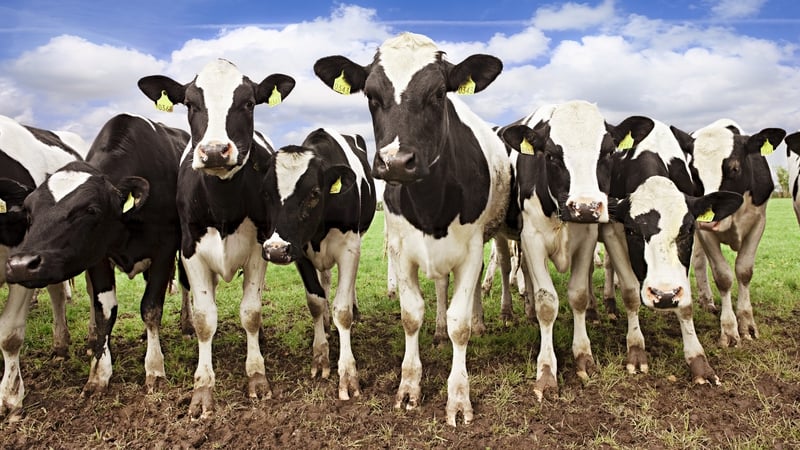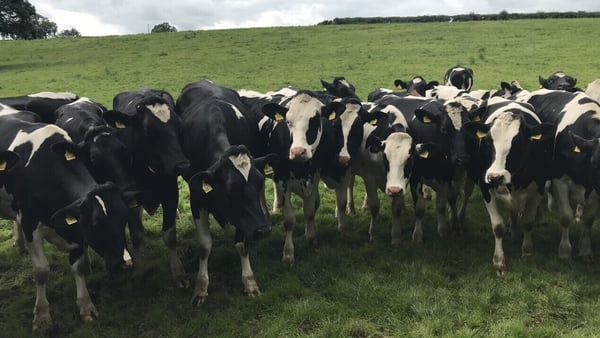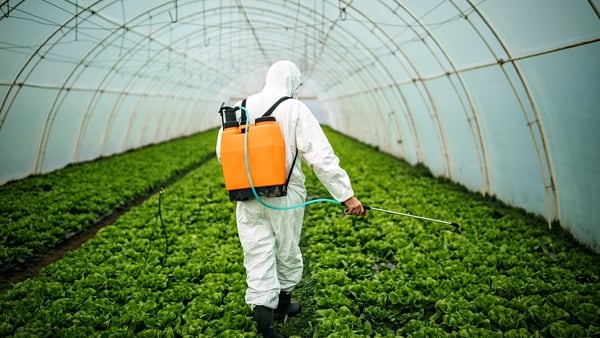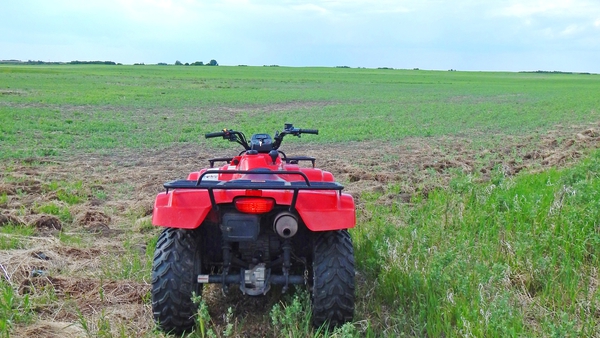Irish beef exports to China have been stopped after a case of atypical BSE was detected in a bovine animal in Ireland.
The news is a blow to farmers and the beef industry as the Chinese market had just reopened to Irish beef exports in January this year, following a three-year closure due to a previous BSE case discovered in 2020.
The new case was recently discovered after tests were carried out by Department of Agriculture vets on a deceased ten-year-old cow that had been delivered for destruction.
The case was confirmed on Friday.
Under a protocol agreed with China, beef exports have to be suspended on discovery of any BSE case, which has now happened.
The timeframe for resumption of beef exports is up to the Chinese authorities.
Shipments of Irish beef to China resumed in April this year, coinciding with the launch of a Bord Bia campaign to promote Irish beef in that country, which holds huge potential for Irish beef exporters with its population of 1.4 billion people.
However, the current level of exports had been low, amounting to just over €16 million by the end of August. The market had originally opened for Irish beef in 2018, and in 2019 was worth €96 million to China and Hong Kong.
Atypical BSE can occur spontaneously in older cattle and occurs naturally, unlike classic BSE that is caused by giving contaminated feed to bovines.
According to the Department of Agriculture, there was no danger at any stage of this animal entering the human food chain and no public health risk.
Reacting to the news, IFA Nationl Livestock chairman Brendan Golden said it was very disappointing.
He said: "Given that we had only recently regained access, it's a setback that we could do without."
Mr Golden also said the market needs to reopen as quickly as possible, adding: "Given the nature of the case...there should be no delay in regaining access."






